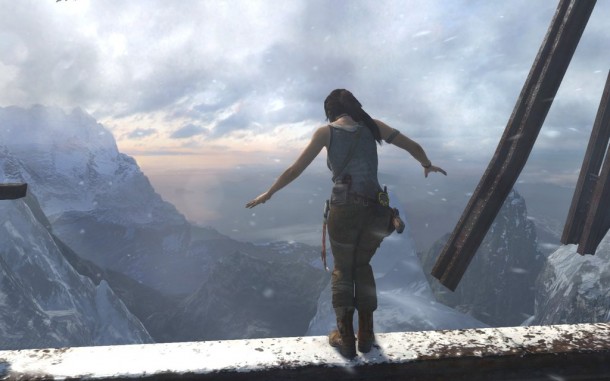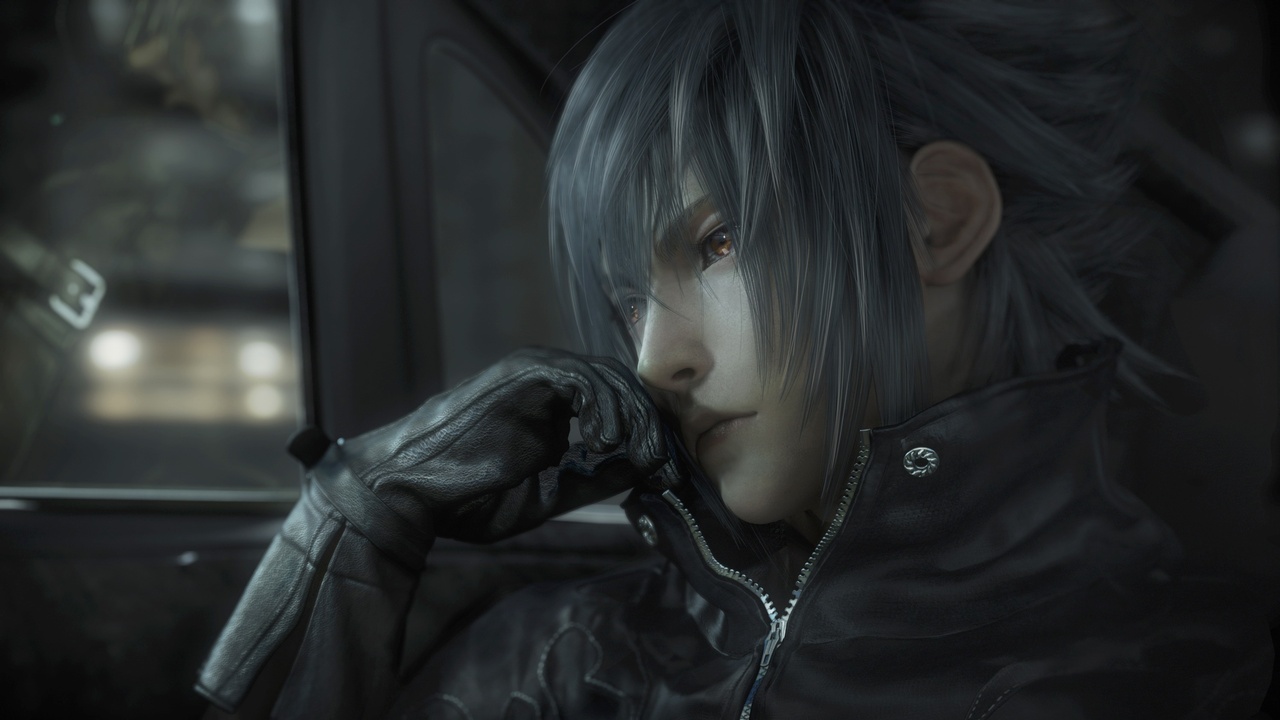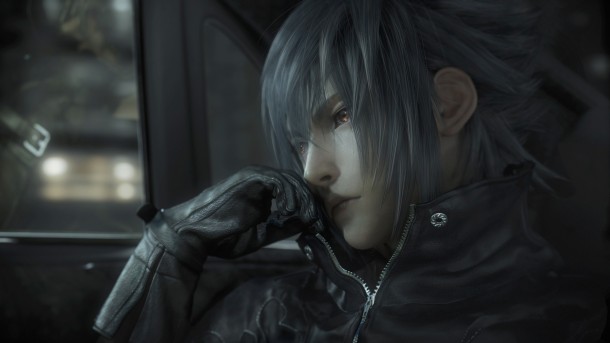
Square Enix is in a bad place.
That shouldn’t come as a surprise to anyone, really. Not when you consider it has been pouring out resources developing the same game for over seven years. Especially when during that time it released two expensive and wildly unappealing entries in its tent pole franchise, and one incredibly costly MMO which was such a mess that the company could not, in good conscience, charge a subscription for, or even allow to continue to exist without a massive restructuring. All the while, the publisher has stood stalwartly against cashing the blank checks presented by the mythological Kingdom Hearts 3 and the oft-whispered-of Final Fantasy VII remake.
The only group that seems surprised by the company’s woes is Square Enix itself.
Last week, the publisher posted what was, in its eyes, a lackluster earnings report. In the announcement, the “weak sales” of games like Tomb Raider (3.4 million), Hitman: Absolution (3.6 million) and Sleeping Dogs (1.75 million) as well as the North American sales force being “ineffective” were cited as primary factors.
A lot has been said about the comically unrealistic sales expectations on the part of publishers regarding games (3.4 million copies sold in less than a month and the best sales debut of any game in the Tomb Raider franchise is hardly “weak”), but there was something else about the announcement that bothered me.
It’s the way Square Enix specifically throws its own North American division under the bus. It’s the fact that there is no mention of Final Fantasy XIV‘s failure, and its butterfly effect on the rest of the company’s expectations. It’s all of the things that aren’t said, but may be implied.

It reminded me of an article composed by Jason Schreier at Kotaku. The article collected (unverified) reviews of game companies by their employees. Just about everyone had their bones to pick, but look closely at the entries for Japanese companies like Sony, Nintendo and, of course, Square Enix. It’s as if the international arms of these massive corporations are treated as drones, there to rearrange their lives to do the bidding of locally-based hierarchies and nothing more.
It is, like most problems with the “triple-A” publishing model, a manifestation of the game industry’s fear.
It’s fear on the part of massive, stagnant publishers that putting trust in anyone other than they will lead to disaster. It’s certainly not a fear exclusive to Japanese companies, but it does seem to be more prevalent in that region where employee turnover is also less accepted — companies put their trust in specific teams, with specific visions that never change and never make room at the top.
And it’s tough to blame them. In the West it’s recently become increasingly “acceptable” (on the part of upper management, at least) to break up well-formed teams in sweeping layoffs to sate investors. Those developers have increasingly taken to forming their own studios, on their own terms or turning to alternative methods of funding their projects (read: Kickstarter) to escape the unsustainable revolving doors affixed to the abattoir that is triple-A development.
Forced adaptation might not be pretty, but it is, at the very least, adaptation. It’s a way of protesting the methods of companies like EA, which think the only way to save themselves is to chase Activision on a horse called Over-Budget. Keiji Inafune’s departure from Capcom is a shining example of this line of thinking in the East, but it’s not enough.
The game industry is terrified of itself, and neither Japan nor America will allow themselves to realize it. While the West rushes to compensate by skinning each of its customers with exploitative business practices, the East simply allows itself to choke to death. Neither system is acceptable, and soon we’ll either see the two sectors collapse in on themselves, while the creative talent rises up without them, or business side of things needs to realize that they need to build outwards, not upwards.
Square Enix, and the Japanese publishing community at need to swallow their pride. They have to stop pushing the blame onto developers whose games don’t sell enough, and realize that their bloated, wasteful, imaginary products haven’t sold at all. Sony has begun to see this pattern following their near destruction at the hands of their own arrogance in the early days of the PS3 and Vita. Now, they’ve taken to embracing the indie community, removing just about every barrier to entry for developers to get content on their platforms, and serving only to making the world aware of that content.
We’ve already seen that consumers are willing to put their money towards interference-free development, and Sony has begun to witness the dividends paid when you treat creators with respect, rather than fear and child-proofing. If the rest of Japan, and indeed much of the industry in general, can see that, and learn that helping to build 10 games, rather than force feeding a single title into obesity, will create a far healthier population, than there is still time for legacy developers to save themselves.
The Japanese Old Boys Club has to come down, and Square Enix is the pillar in the perfect position to do it. But if its current conduct continues, it will simply be part of the rubble.




No Comments